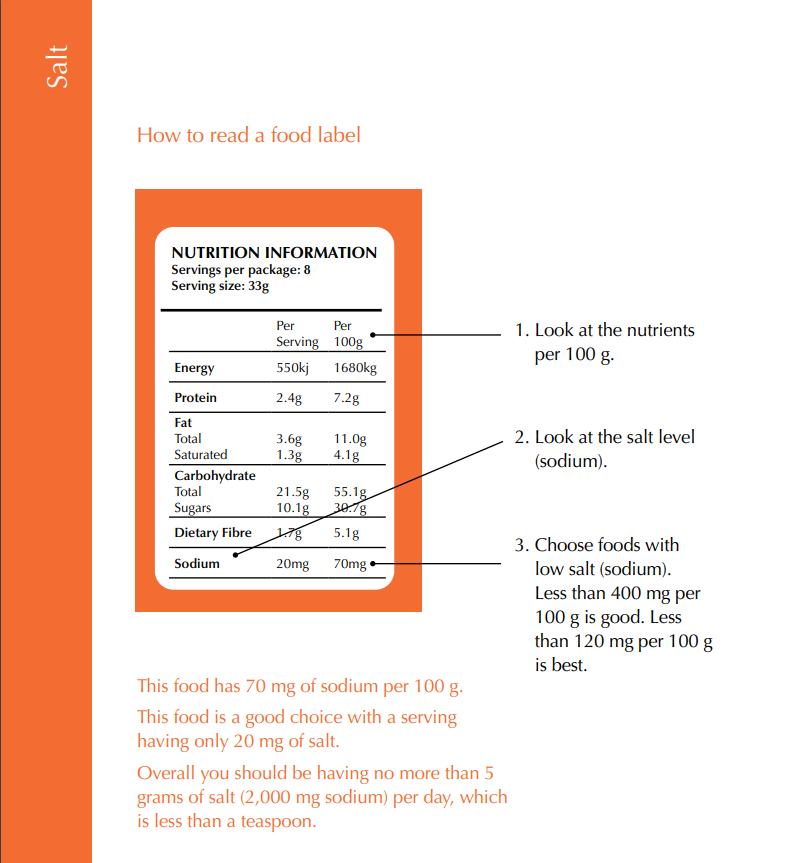How can I take an active role in managing my heart failure?
Heart failure is a serious condition but there are things you can do to stay out of hospital, feel better, and live a longer, healthier life.
Read more to find out what you need to make it easier to achieve these goals.
The NPS MedicineWise program on heart failure has been developed in collaboration with the National Heart Foundation of Australia.


